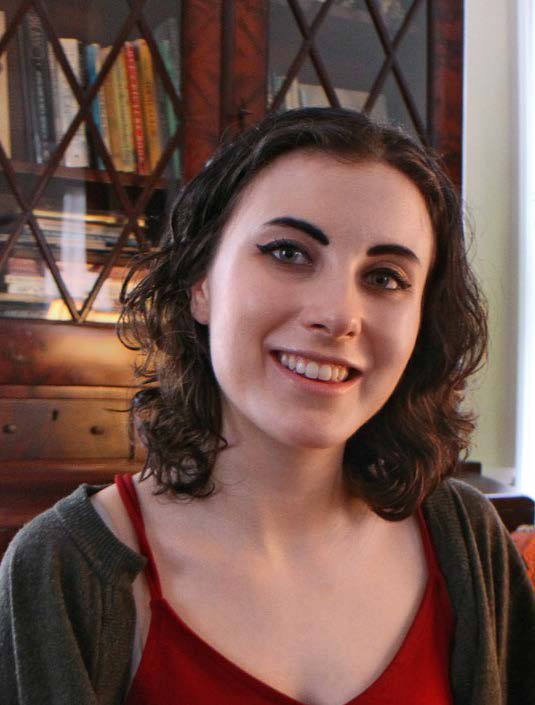



"The cover illustration of Curious George, the first book of the series, has become one of the most recognizable images of the franchise and provides an emblematic representation of the power dynamics, cultural structures, and characterizations associated with racism in America."
—Maya Terhune

Answer to the Picture Riddle Challenge: Curious George!

Maya Terhune graduated from Boston University in 2018 with Bachelor’s degrees in Economics and Mathematics and Political Science. She was born and raised in Brooklyn, NY with her three cats, awesome bagels, and not a whole lot of space. She currently in the New York City Mayor’s Office of Management and Budget.

Dr. Catherine Zobal Dent is an Assistant Professor of English and Creative Writing at Susquehanna University. Her collection of short fiction is titled Unfinished Stories of Girls, and she teaches fiction workshops alongside selected literature courses. She also co-directs GO French Language and Culture, translates French literature, mentors FUSE, and directs SU’s Summer Writers Workshop. From 2014-2020, she served as the Common Reading Program Coordinator.
1. How do issues from colonization still impacting America today?
2. What's the role of text do to help this idea take form and convince the audience?
1. Have students take an implicit bias quiz to facilitate a classroom discussion.
2. Ask students if they know what micro-aggressions are, have a class discussion about it.
Boston University Capstone Paper
The original text was part of a capstone course from Boston University. This link leads to the original paper before it was publicly published as an article.
This article published by The New York Times discusses student's first time encounters with racism. As well as gives important words to know such as "implicit bias" and how to deal with situations perpetuated by racism.
"Before the package arrived, I had vaguely entertained the notion of reading it to my sons— I hate to waste a book — but a single glance drove the thought from my mind."
I remember the first time a college professor asked me to think critically about beloved characters from my childhood—I won’t say which characters, although if we are talking in person, feel free to ask.
In my college classroom, I first experienced skepticism and incredulity—the criticism felt wrong, almost like blasphemy. Then, I felt angry at the professor, thinking, “How dare you ruin my favorite story?” I then grew sad, for, in losing my innocence regarding these characters, it seemed that I was losing part of myself. However, at some point, I became grateful. In my recognition of negative undertones in familiar material, I now knew more about myself, and about the way I’d been raised, and what values I wanted to keep, and what issues I wanted to grow beyond.
Contrary to the old adage, ignorance is not bliss. If you’re anything like me, no matter what your initial reaction is to this essay by Maya Terhune, you will ultimately find yourself grateful for having read it. Maya Terhune was an undergraduate college student at Boston University when she wrote this essay. Her professor Dr. Anna Panszczyk explains that in this writing class, “students were asked to produce a researched academic argument about any aspect related to children’s picture books.” Panszczyk continues by saying that Maya’s research led to scholarship that Maya understood “so intimately that she was able not merely to challenge it, but actually to further it.” Was your heart ever captured by Curious George? Does Maya Terhune’s exploration of power dynamics inherent in the series change your feelings? Is this okay with you?
—Catherine Zobal Dent